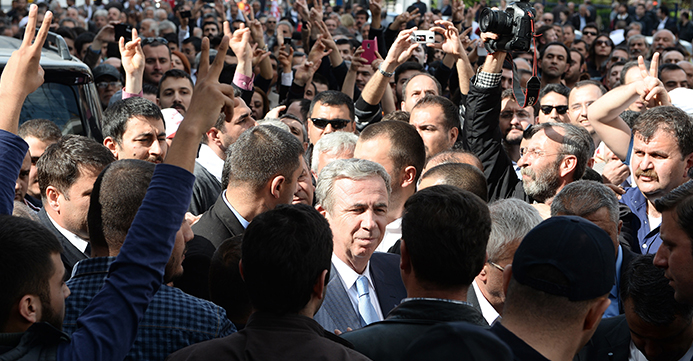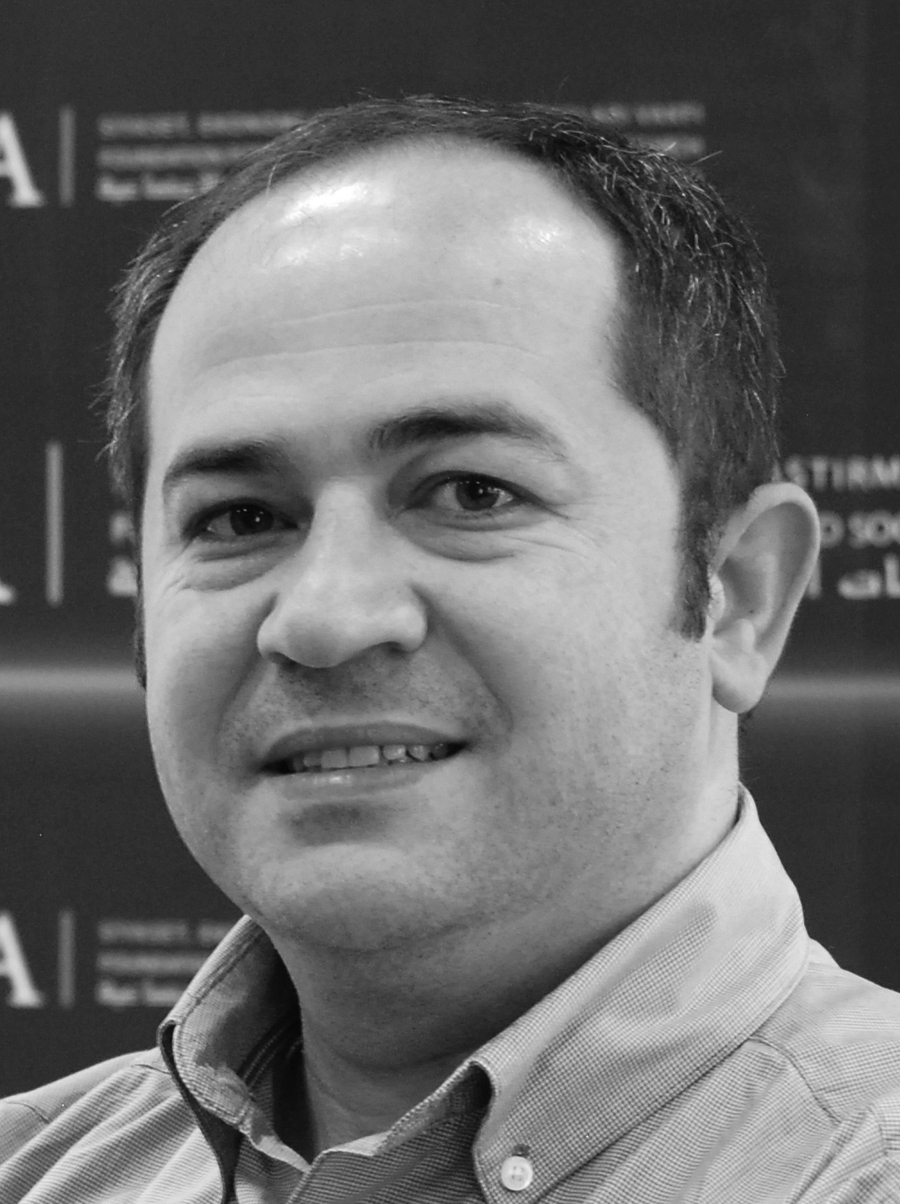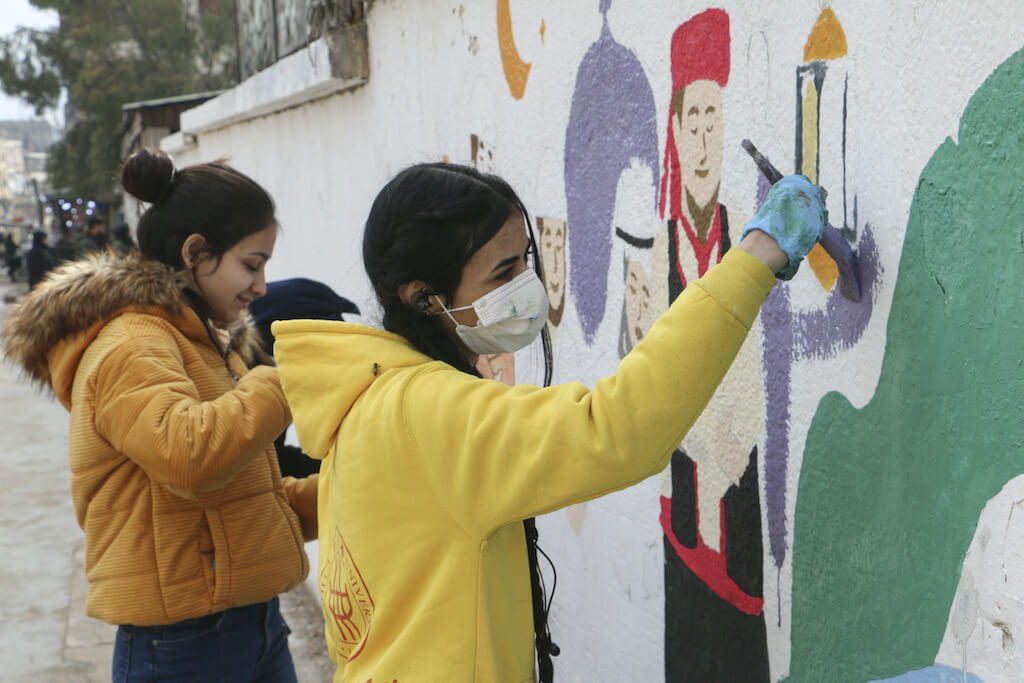Turkey's local elections which looked more like parliamentary elections are finally behind us. Never had an election season in the country's history been so aggressive and tense. In truth, it had been obvious for a long time that the March 30 elections would not be an ordinary event as three polls scheduled to take place within a relatively short amount of time effectively turned the local elections into a historic opportunity to ruin Prime Minister Recep Tayyip Erdoğan's political career.
Almost since the 2011 parliamentary elections, the top priority in a number of political circles had been to weaken the prime minister and prevent him from running for president.
Last summer's Gezi Park protests, in this sense, had made it clear that opposition to Erdoğan was something that many domestic and international actors had in common. Approximately six months after the urban revolts, another campaign was launched against the administration just as political opinion and parties began to concentrate on their local election campaigns.
As the Gülen Movement led the charge against the backdrop of corruption allegations, the Gezi Park protests' supporters offered their help in the hopes of alienating AK Party voters from the leadership.
As such, Turkey witnessed a new kind of political campaign between Dec. 17, 2013 and March 30, 2014. While illegally acquired wiretaps of Erdoğan and members of his administration surfaced on social media outlets almost every night, perpetrators took a number of additional steps to assist opposition parties. Turkey's local elections reaffirmed the political landscape that emerged out of the 2007 elections and demonstrated that the distribution of votes remained largely the same. While the AK Party remained the sole political party with a strong presence across the nation, opposition parties proved strong in certain regions with almost no influence outside these vestiges of power. Thus the AK Party once again found itself faced with the CHP in Western provinces, with the MHP in the Mediterranean region and with the BDP in the southeast. In all other areas, the ruling party simply experienced no serious challenge.
Meanwhile, the CHP - whom we refer to as the "main opposition" simply because it comes second on a regular basis - received 10percent or less in one-third of the country and between 10-20 percent in another quarter of electoral districts. Thus what we call the main opposition party won 13 cities out of 81 in total. In response, the AK Party reached over 40 percentage points in 70 percent of districts and recorded 20-40 percent in another 27 percent of districts. Only in three cities has the ruling party received less than 10 percent of the vote.
The situation, which has largely remained the same since the 2007 parliamentary elections, represents the greatest challenge before Turkish politics and its various actors as the failure of opposition parties to receive nationwide support effectively positions the AK Party as the sole actor able to bridge different constituencies. Meanwhile, the main disadvantage of this situation is that the AK Party finds itself unchallenged in its efforts to address the country's chronic problems since opposition parties are only able to tackle issues that represent a concern for their geographically isolated supporters. With regard to the Kurdish question, for instance, the distribution of political support isolates the AK Party's efforts and effectively postpones lasting peace.
Briefly put, the March 30 local elections have reaffirmed the status quo in Turkish politics that the country witnessed over the past four elections. The main question before the country now is why voters acted in this particular manner despite extremely unusual pre-election developments that should have worked to the opposition's advantage and the ruling party's disadvantage. In other words, the question we m

Turkish Politics: The Road To Ghettoization
Turkey's local elections which looked more like parliamentary elections are finally behind us. Never had an election season in the country's history been so aggressive and tense.
Share
Tags »
Related Articles








